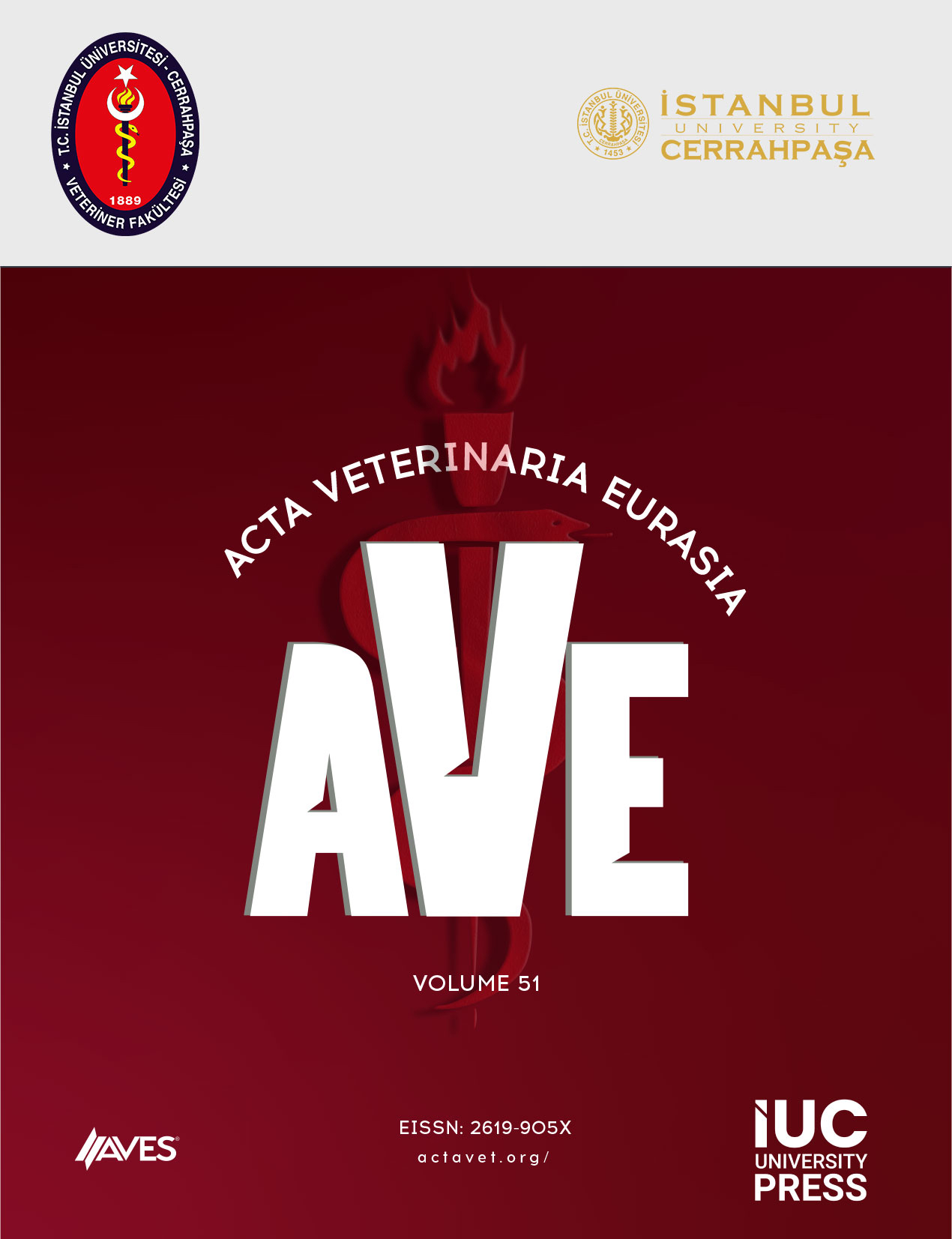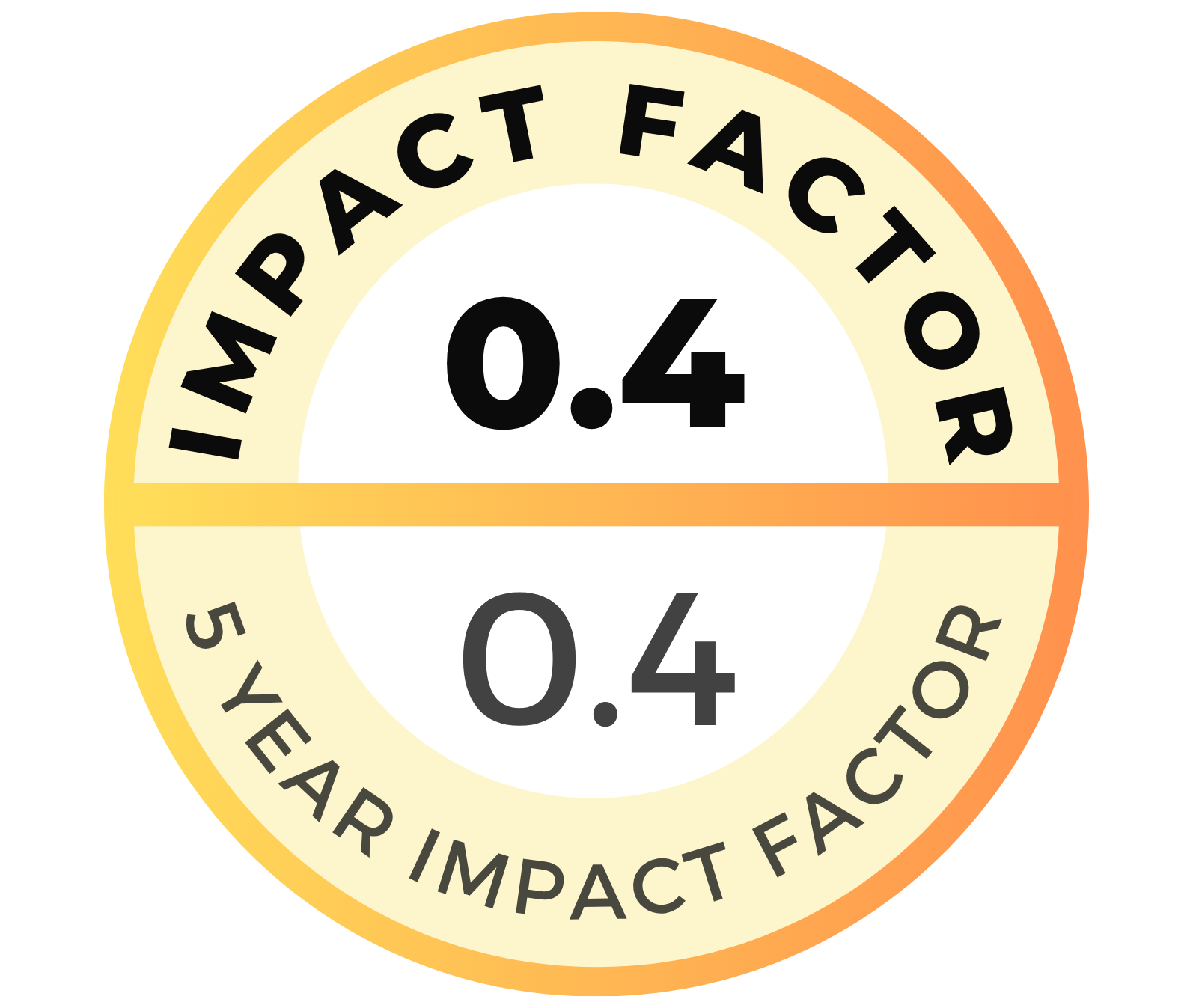Active transport is one of the important process for drug dispositions. Specific membrane transporters serve as a carrier for both surface of epithelial and endothelial cells membrane at the active transport which is against to concentration gradient. These transport proteins are coded by two major super gene family called ABC Super family (ATP-binding family) and SLC Super Family (Solute Carrier Family). These proteins' cellular localization, structure and function are demonstrated at recent investigations especially on knock-out mice. For the first time P-gp, is a member of ABC super family, was described in tumor cells which have resistance against the antineoplastic drugs. It is shown that P-gp has a vital role at physiological process by transporting endogen molecules. Furthermore, it has been shown that it has an important function at the pharmacokinetic of xenobiotics. At this review we will focus on pharmacokinetic interaction that could be occur in absorption, distribution, biotransformation and elimination, because of competition for binding to same transport protein with examples related to veterinary practices as far as possible. Thus, the role of transport proteins in pharmacokinetics of drugs and toxins which have veterinary importance will be underlined.





.png)